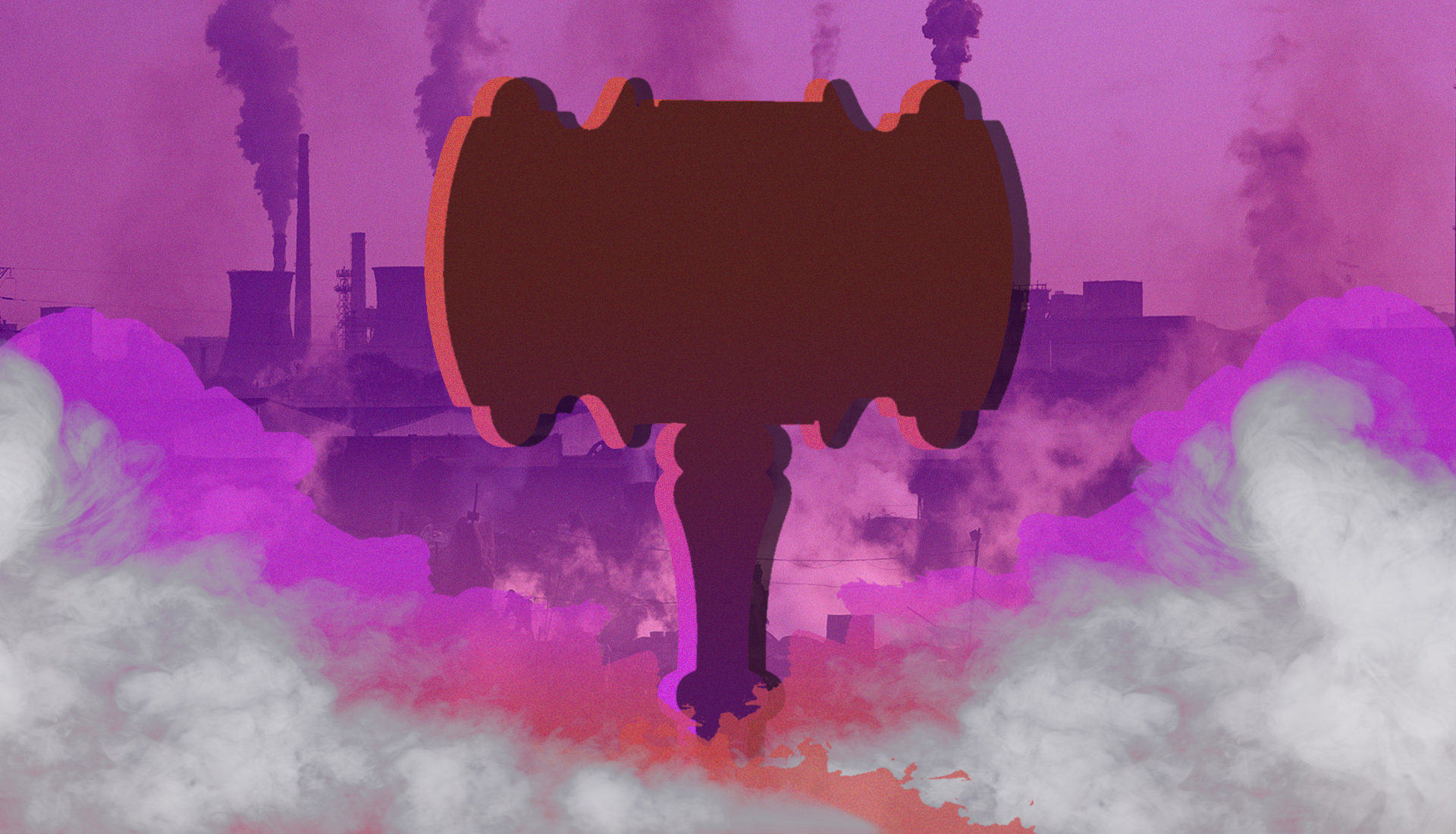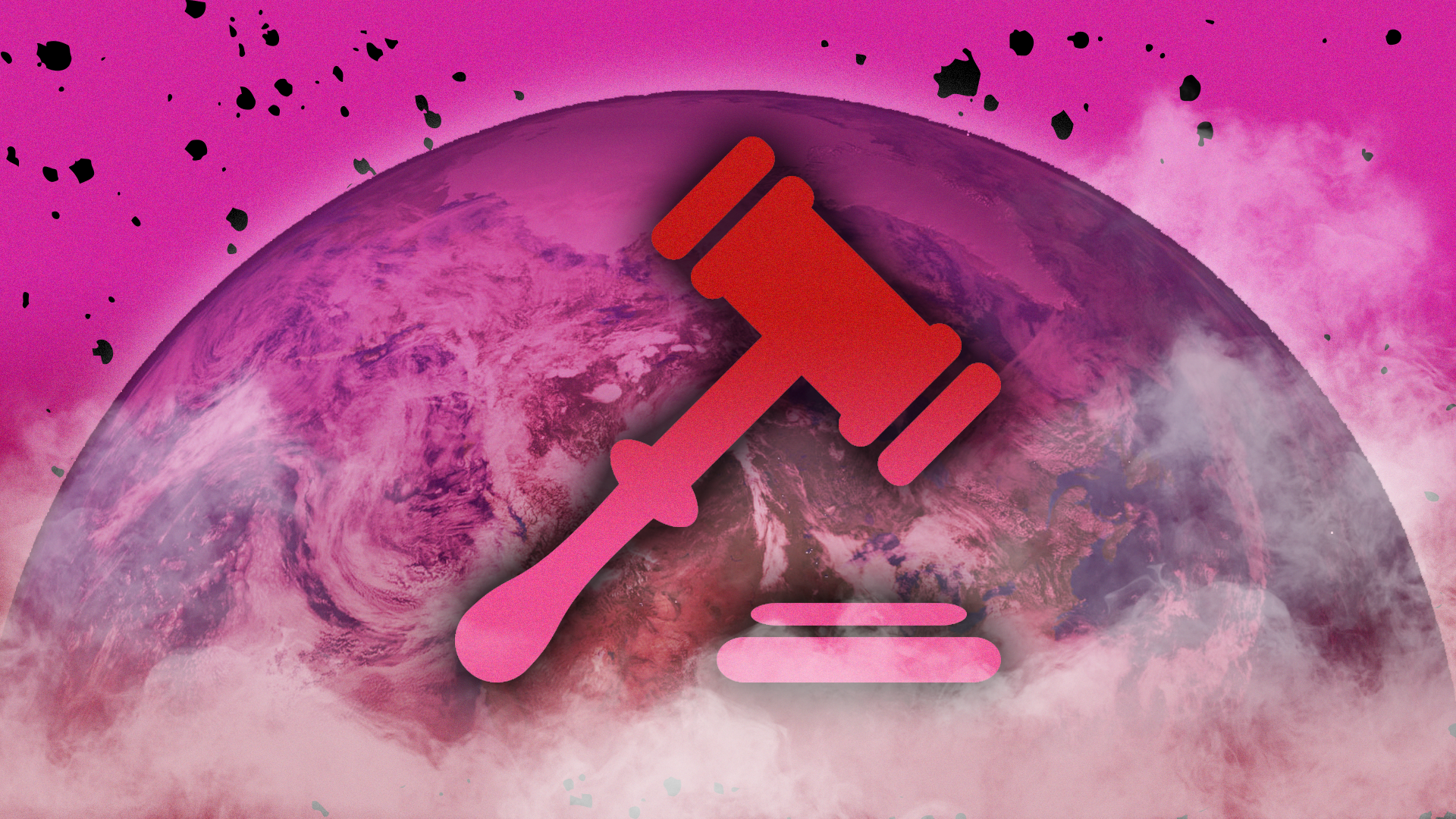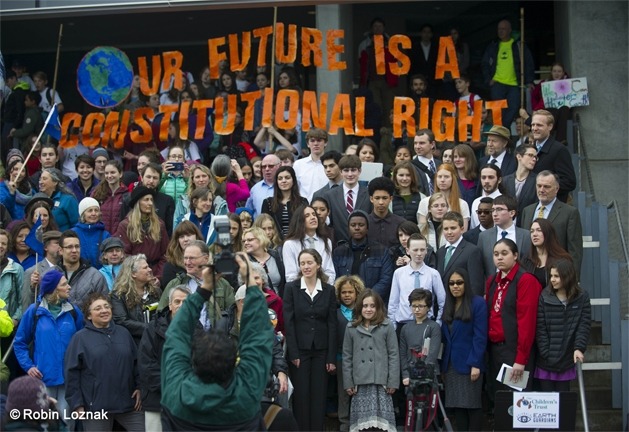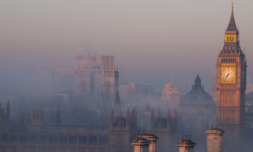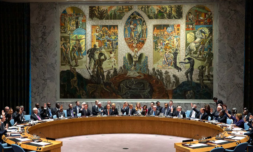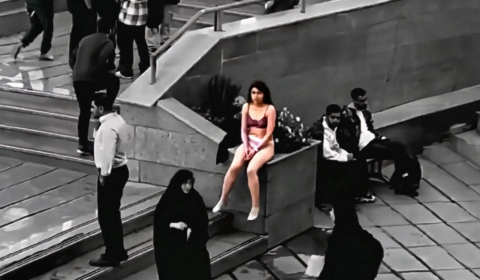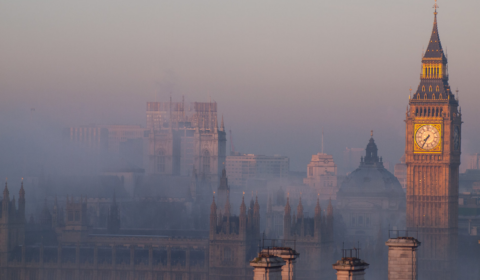Meet the people suing the government on behalf of people who don’t even exist yet.
What is the relationship of democracy to time? To what extent should we legislate with future generations in mind? What do we owe to them, versus to ourselves?
These are existential questions that have all sprung recently from a slightly more concrete, and certainly more urgent, query: what if climate change is a violation of the rights of those yet to be born?
As you’re no doubt aware, last month an astonishing 8 million people from almost 200 countries took part in youth-led global climate protest. ‘Young people are starting to understand your betrayal’ the rightfully peeved Greta Thunberg warned attendees at the UN Climate Action Summit on 23rd September. ‘The eyes of all future generations are upon you. And if you choose to fail us, I say: we will never forgive you.’
This has been argued in the court system before. In 2015, a group of young people not yet of voting age filed a lawsuit in the commonwealth court of Pennsylvania and various state agencies. The suit argued that government representatives had failed to take necessary action to regulate their own activities, and the activities of corporations, consistent with the commonwealth’s role as a public trustee.
In the legal team’s language, the state was failing in its responsibility to ‘conserve and maintain public natural resources, including the atmosphere for the benefit of present and future generations.’
Whilst this suit was ultimately shot down, a similar case filed in Oregon – Juliana v United States – recently is currently wending its way through the court system with markedly more success. 21 plaintiffs aged 11 to 22 have recently taken aim at the level of federal government in the US, accusing the government and oil industry of ‘knowingly creating a national energy system that causes climate change’, despite thousands of scientific studies that proved beyond a doubt the harmful effect of greenhouse gases on the atmosphere.
By not only failing to regulate corporations that were the worst offenders of carbon emissions, but actively facilitating their actions, the case of Juliana v United States accuses the federal government of violating citizens’ constitutional rights to life, liberty, and property while also jeopardising essential public resources.
In Juliana, ‘future generations’ are explicitly named as stakeholders in the suit, represented through their ‘legal guardian’ as stipulated by the court regulations, who has taken the form of James Hansen. Hansen is a NASA scientist and activist whose daughter is part of the suit. So, technically the suit is Hansen suing on behalf of his future lineage. And, by extension, yours (if you choose to have one).









